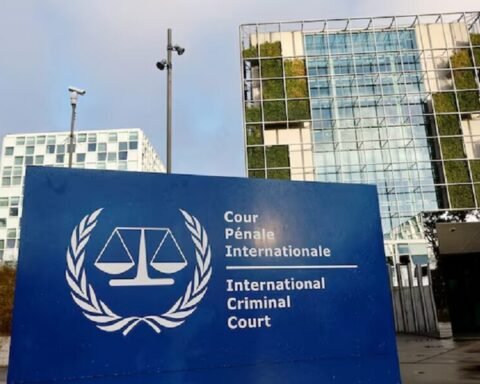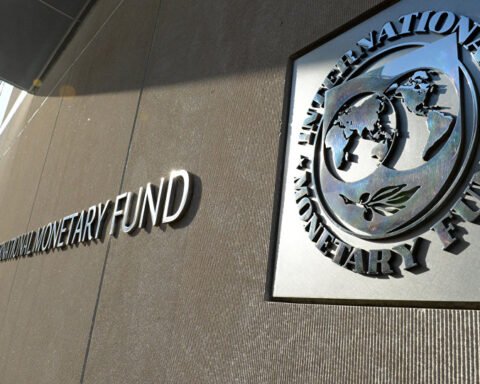The United Kingdom has appointed Blaise Metreweli as the new head of the Secret Intelligence Service (MI6), making her the first woman to lead the country’s foreign intelligence agency.
Metreweli, who joined MI6 in 1999, will become the 18th chief of the agency, known for its pivotal role in defending Britain from international threats and conducting secret operations abroad. She takes over at a time of mounting geopolitical challenges, cybersecurity threats, and technological transformation.
Currently serving as the Director of Technology and Innovation within the agency, Metreweli has led strategic efforts to modernize MI6’s operations amid growing concerns about state-sponsored cyberattacks, the misuse of artificial intelligence, and the global race for quantum supremacy.
This landmark appointment follows growing public and political pressure in the UK to diversify leadership in its national security apparatus. It also symbolizes a wider shift within the British intelligence community to reflect the realities of 21st-century warfare and diplomacy.
Metreweli takes over under the codename “C”, a tradition dating back to the service’s founding chief, Sir Mansfield Cumming, who famously signed all documents with the initial “C” in green ink.
Despite the clandestine nature of her new role, her leadership will influence UK foreign policy and intelligence coordination with critical partners like the United States Intelligence Community, NATO, Australia, and members of the Five Eyes alliance.
Also Read; US Considers Expanding Travel Ban to 36 Nations
Analysts believe Metreweli’s tenure will focus heavily on defending the UK against hybrid threats—blending espionage, disinformation campaigns, and cyber warfare—especially from actors such as Russia, China, and rogue cyber networks.
“Metreweli understands both the operational and technological battlegrounds. That dual fluency is rare and urgently needed,” said one former senior officer familiar with MI6 internal culture.
While the agency maintains a strict policy of discretion and secrecy, especially around its leadership, the announcement of her promotion signals a rare moment of public recognition for one of Britain’s most secretive and powerful posts.
As the UK continues to navigate the complexities of post-Brexit foreign policy, evolving global threats, and domestic pressure for institutional transparency, Metreweli’s appointment may serve as both a strategic and symbolic reset for British intelligence.







